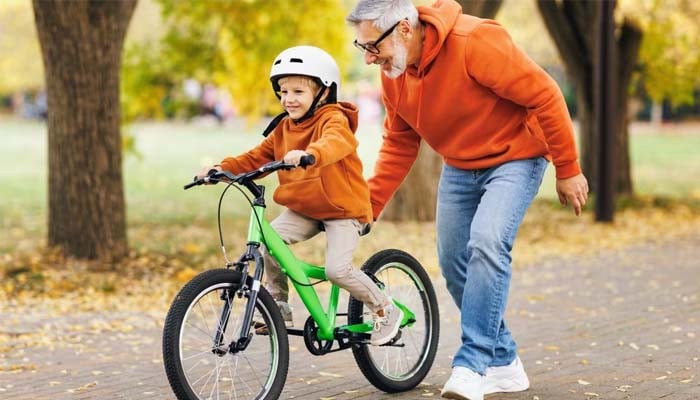
A recent study revealed that helping others, both via formal volunteering and informal helping, is linked with increased levels of cognitive function and reduced decline.
Researcher from the University of Texas at Austin, Sae Hwang Han, analysed the association between two kinds of helping behaviors -- formal volunteering and informal helping -- and late-life cognitive function.
It entirely focuses on changes in these behaviours over time. Data from two decades (1998 to 2020) for 31,303 participants from the US Health and Retirement Study.
It was used to see how intraindividual changes in helper role status and time commitment transform cognitive systems.
Furthermore, the researchers discovered that shaping into volunteering and informal helping were both linked to an increased level of cognitive function and a slower cognitive decline; persistent commitment in assisting yielded cumulative cognitive benefits that improved over time.
"Many older adults in suboptimal health often continue to make valuable contributions to those around them. And they also may be the ones to especially benefit from being provided with opportunities to help," Han stated.
For both kinds of assisting, moderate levels of helping were associated with great cognitive benefits.












